
President Ellen Johnson Sirleaf has addressed the First ever Harvard Africa Action Forum in Accra, Ghana. The Forum was held at the prestigious Movenpick Ambassador Hotel. Ghanaian President Nana Addo Dankwa Akufo-Addo also addressed the Forum.
According to a dispatch from Accra, President Sirleaf reflected on and told the story of Liberia's transformational journal from an era of dictatorship and war to peace, democracy and development over the last fifteen years since the end of the civil war. She acknowledged that it was a great pleasure to address the First Harvard Africa Alumni Action Forum (HAAAF), reflecting that her time as a Mason Fellow at the Kennedy School of Government provided an opportunity to interact with some of the finest minds from every corner of the world. She expressed the hope that the forum can harness the group's immense pool of talent, experience and intellect for the betterment of all fellow Africans.
President Sirleaf noted that Liberia has longstanding ties to Harvard. She pointed out that in 1862, the establishment of Liberia College (now the University of Liberia), the second oldest institution of higher learning in West Africa, was led and funded by the Trustees of Donations for Education in Liberia. "Simon Greenleaf, a Harvard College Law Professor who drafted the first Constitution of Liberia in 1847, was the founder and President of that institution, which is still in existence today. The first Liberian to graduate from Harvard was Plenyono GbeWolo, who received his diploma in 1920. Since then there has been a steady trail of Liberians to Cambridge, many of whom have returned home to pursue successful careers. My journey to the Harvard Kennedy School was facilitated by a Harvard Advisory Team to Liberia. There were several others before me in the several colleges and schools and many, many more have followed me in the Kennedy School", President Sirleaf indicated.
The Liberian leader said the Forum provides Harvard graduates from Africa with a unique opportunity to examine the challenges the continent faces, and to identify and explore innovative solutions; to reimaging the Africa that they all want. She noted, I would first like to discuss the Africa that we have, starting with my home country, Liberia.
President Sirleaf said that when she first took office in January of 2006, Liberia was largely a failed state and its citizens had suffered through brutal conflict that collapsed virtually all services and decimated the physical infrastructure. Eleven years later she said, with the help of many partners and friends, Liberia has maintained fourteen (14) consecutive years of peace, defeated the terrifying virus disease, and withstood the negative effects of the global economy, including a collapse in commodity prices. "I have seen Liberia move from dictatorship, war and economic collapse to peace, democracy, and development", she said.
She acknowledged that there is still much work to be done and that the country must strengthen its healthcare systems to deliver quality care and prevent the next outbreak; provide access to world class education for all of our children; rebuild more of our roads, bridges and ports; and establish value added manufacturing to move our economy away from a dependency on raw materials. She noted further thatwhile the physical infrastructure needs are great, Harvard products should not neglect the foundation upon which successful societies are built, which is strong democratic institutions that can be passed from generation to generation.
"In 46 days, Liberians will go to the polls to elect a new legislature and a new president. For the very first time since 1944, Liberia will be peacefully transferring power from one government to another through free and fair elections, consolidating our post-conflict democracy. I will be stepping aside, making way for the next generation of leaders and for the innovations they will bring. Whatever the outcome of our elections, the institutions of democracy that we have built will endure", President Sirleaf said.
She said further that it is a known principle long ago that, destabilizing violence spilled across West Africa's borders but that today, ECOWAS is led by 12 democratically elected heads of state. Last December she said, Ghana set an example for the rest of Africa when it held free, fair and peaceful elections, transferring power between parties for the 3rd time since 2000. The election she said further cemented Ghana's commitment to democratic values and the rule of law, which President Akufo-Addo has espoused throughout his time as a human rights lawyer, Minister and now, as President and commended Ghana and its leaders for the example in democracy and development.
"These gains must be sustained, as our continent is young and hungry for opportunity. With over 65% of the population under the age of 35, creating jobs is not just an economic priority, but matter of national security. Without economic opportunity underscoring the clear dividends of peace and democracy, a desperate youth population can become a destabilizing force rather than an asset. Without opportunity at home, a desperate population will move elsewhere in search of hope, exacerbating migration flows, which have led to a devastating humanitarian crisis around the world" she indicated.
President Sirleaf said that the theme of the Harvard maiden conference - "Re-imaging Africa: A Call to Action" resonates well with all, given the current state of the African continent - the significant progress made, the challenges faced, and the concrete actions required to compete in a changing global environment aimed at results that ensure prosperity for future generations.
"As leaders, I hope we can continue to work together to create enabling environments that support innovation, job creation, and increased investment. Our young innovators need access to financing. Burgeoning African businesses are being stifled by outdated and inadequate laws, and profits are being lost to corruption and poor infrastructure. If we want to truly empower the next generation of workers, we must seek to open markets and borders with laws and regulations that enable trade, not distort it. We need functioning infrastructure. We need the political will, and empowered institutions to fight corruption. The economic development of local communities is inextricably linked to the sustained stability. But none of this will be possible without strong democratic institutions that deliver representative, transparent and accountable governance", the Liberian leader said. She note further that Harvard taught them the value of exploration, open debate and diversity; values which should drive search for innovative solutions.
President Sirleaf noted that in her commencement speech to the Harvard class of 2011, she told them that the size of their dreams must always exceed their current capacity to achieve them and that she believe the same must be true for the group that attended the Forum in Ghana."Today, as we pursue our life journey, proud to be a product of Harvard, proud to have worn the crimson colors, to have walked through Harvard Square, to have spent hours in the stacks learning more of our country than we had known, to promote the motto of our alma mater: VERITAS, or, The Truth. I am sure that John Harvard, could not have imagined the impact of his endowment for a small religious school that has turned out to be one of the greatest if not the greatest of our time. Our challenge is to create similar Harvards on our continent", she said.
She also indicated that their challenge, those of them in the Forum is to become the Torch Bearers in the visioning, and the leaders in the Call To Action for Re-imaging Africa.
For his part, Ghanaian President Nana Addo Dankwa Akufo-Addo described President Sirleaf as a truly historic figure with whom he was glad o share a platform. "I believe that no Harvard graduate is bigger than the person and personality in Ellen Johnson Sirleaf.
He noted that the last decade has been years of great expectation by the people of Africa and acknowledged the spread of democratic governments across the continent. He told the Harvard graduates that the transformation of the economies of African countries remains the only way to job creation and prosperity, noting also that depending on raw materials export accounts for dependence on foreign aid.
He further urged Africa to breed a new generation of leaders who are committed to democratic governance, pointing out also that the time for integration in Africa is now.
President Akufo-Addo concluded by asserting that positioning Africa's enterprises to compete in the global market and economy would ensure an African beyond aid.
Earlier, the Director of the Mason Program at Harvard University Suzanne Shende reflected on the life history of President Ellen Johnson Sirleaf and Ghanaian President Nana Addo Dankwa Akufo-Addo. She described the both leaders as two of the highest esteem leaders of the African continent.
Meanwhile, President Sirleaf also participated in an interview-styled conversation on "Re-imaging Women in Leadership Roles." Health Minister, Dr. Bernice Dahn took part in a panel discussion on health while Police Inspector General, Gregory Coleman joined a panel on governance and the rule of law as a panelist.
Read Full Story
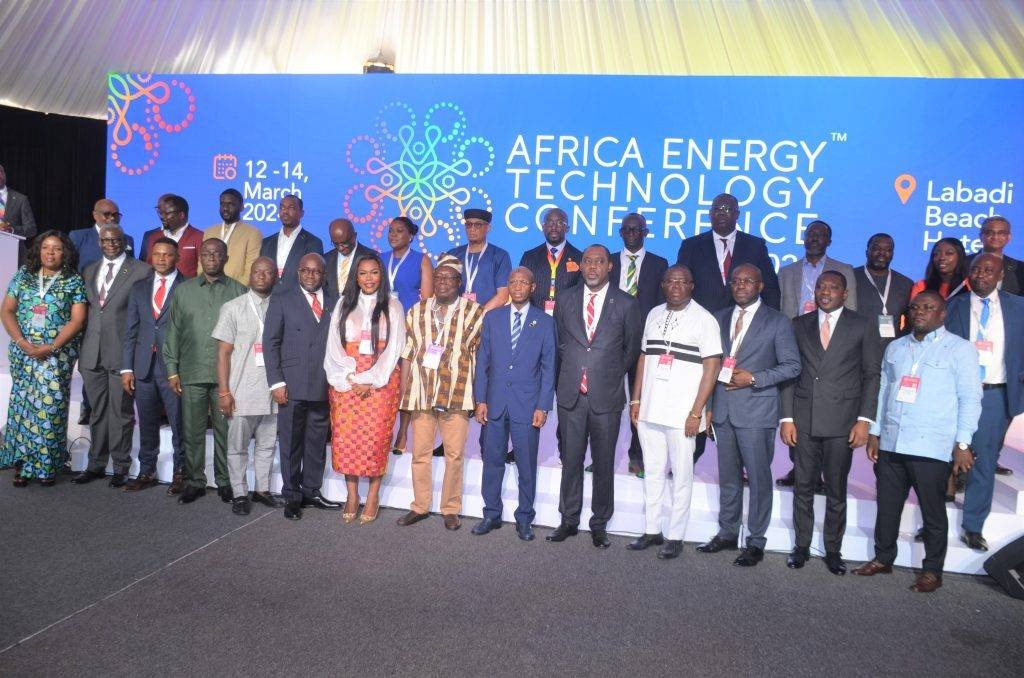
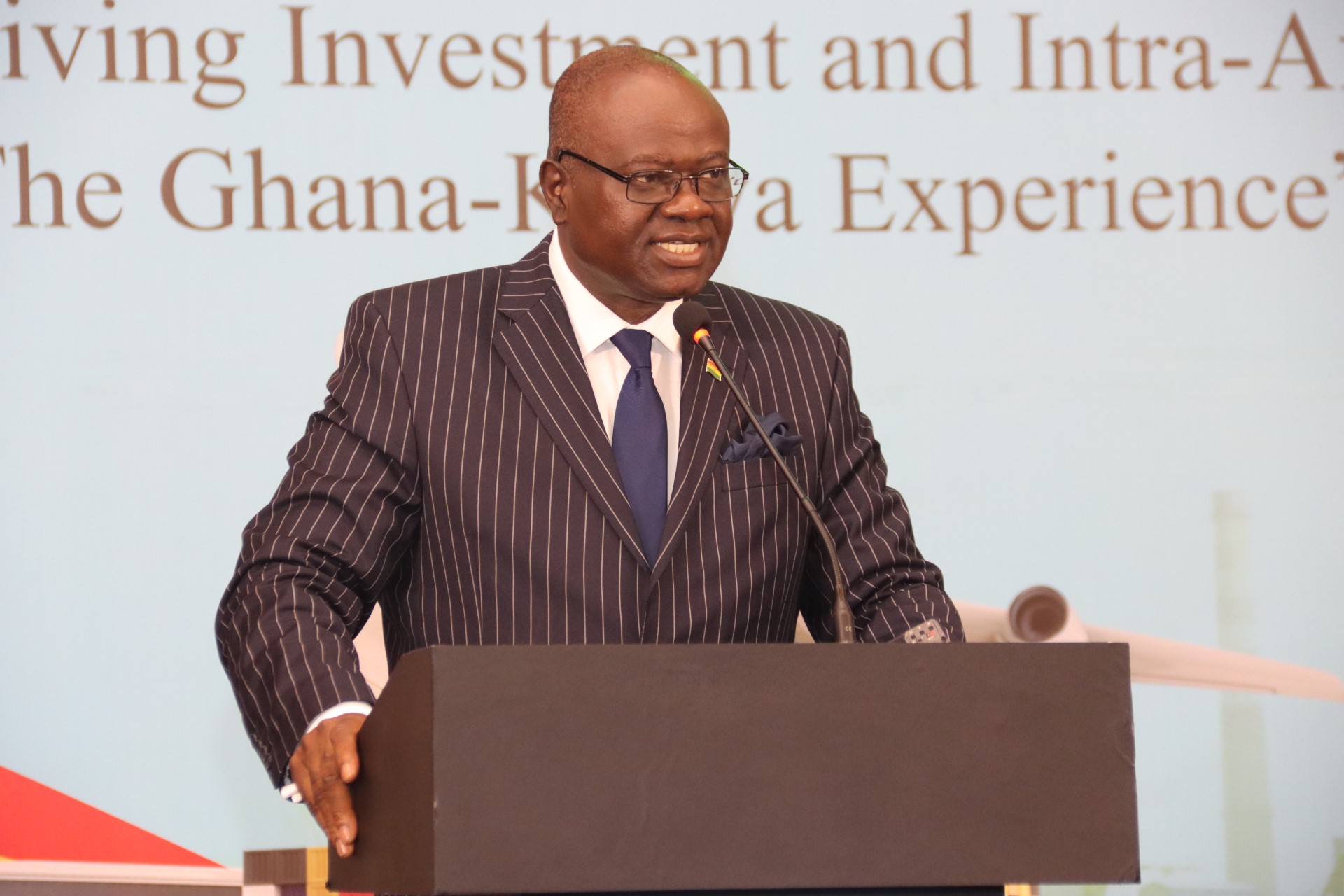
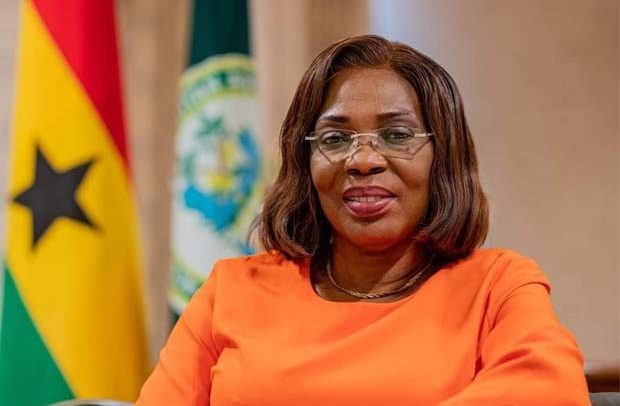
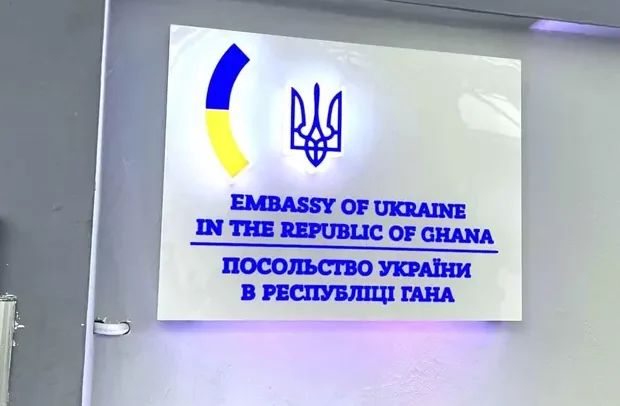















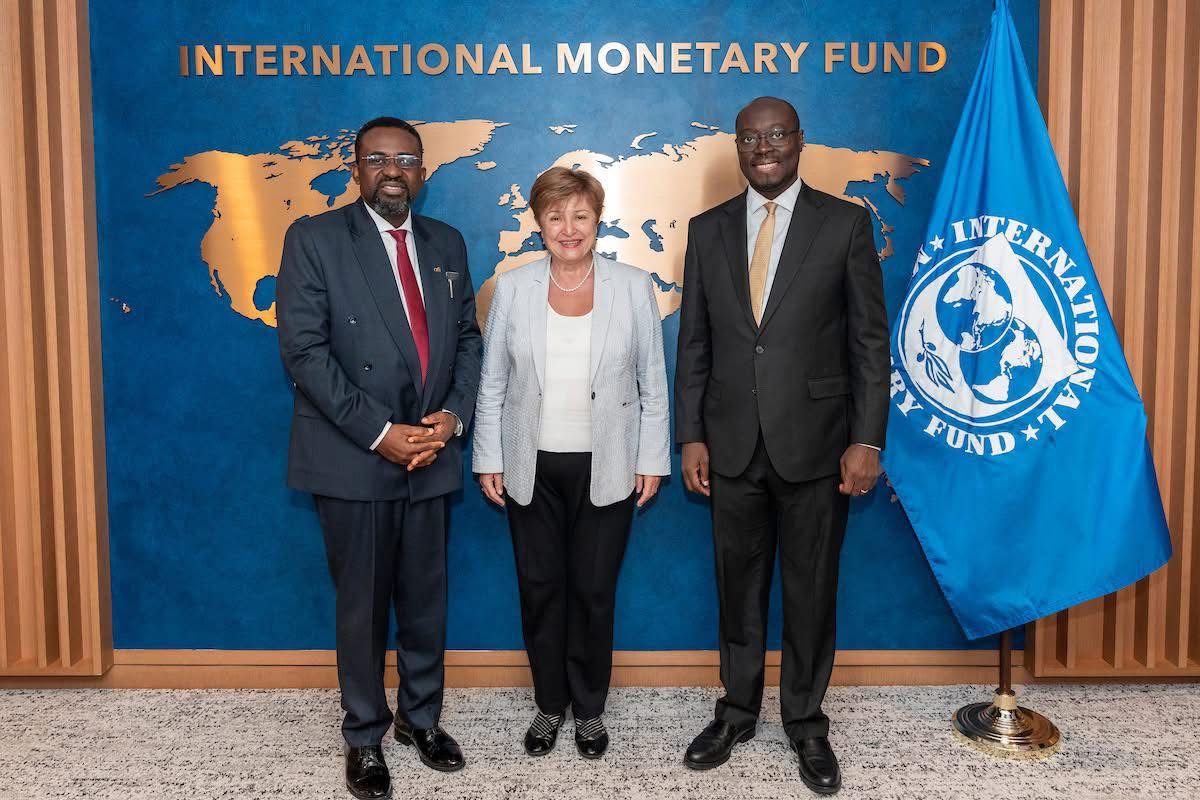
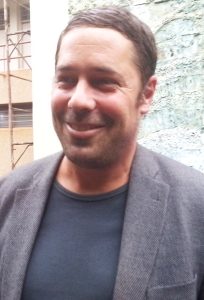
Facebook
Twitter
Pinterest
Instagram
Google+
YouTube
LinkedIn
RSS